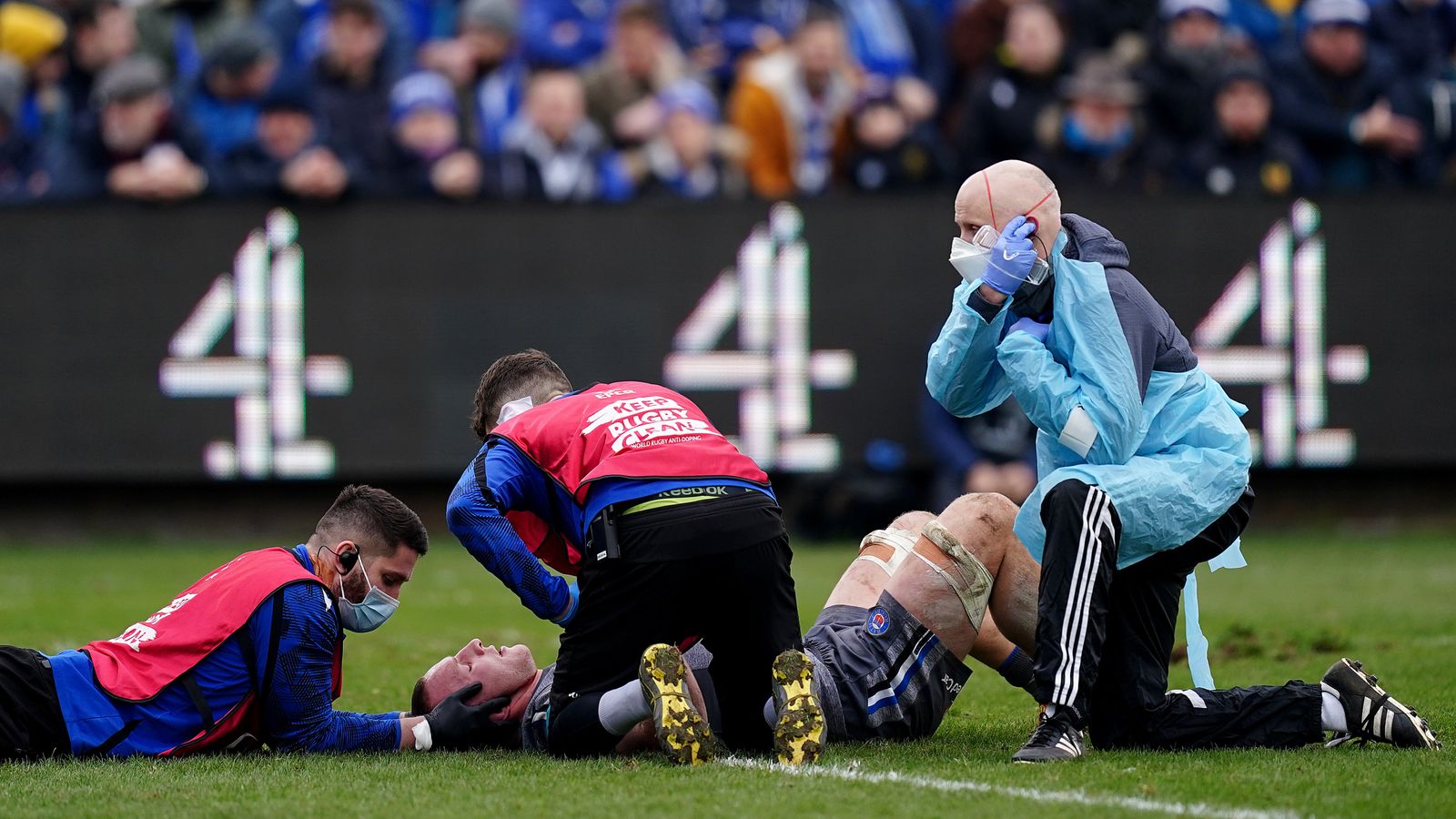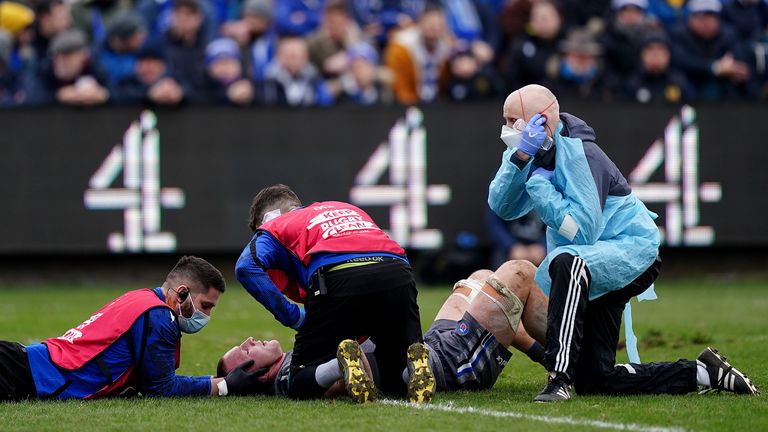
A branch of the US National Institutes of Health (NIH) has concluded that repetitive traumatic brain injuries can cause chronic traumatic encephalopathy (CTE).
By Amar Mehta
Last Updated: 24/10/22 5:07pm

Sporting bodies will meet on Thursday in Amsterdam to debate their position on CTE
Repetitive traumatic brain injuries can cause a neurodegenerative disease, an American health agency has concluded.
The National Institute of Neurological Disorders and Stroke (NINDS), which is part of the United States National Institutes of Health (NIH), has formally acknowledged that such injuries can cause chronic traumatic encephalopathy (CTE), a progressive brain condition.
It comes on the eve of the Concussion in Sport Group’s (CISG) International Consensus Conference on Concussion in Sport meeting, which is being held in Amsterdam on Thursday.
The meeting is organised by international sports federations, including FIFA and the International Olympic Committee, and it is expected to debate its position on CTE.
The long-term impact of head injuries is currently in the sport light, with a number of sports facing lawsuits from former athletes for failing to sufficiently protect them from traumatic brain injuries.
Until recently, documents published by CISG have consistently downplayed the connection between CTE and brain injuries. A statement back in 2017 said that “a cause and effect relationship between CTE and concussions or exposure to contact sports has not been established”.
NINDS’s latest update comes after a letter from the Concussion Legacy Foundation (CLF) called on the NIH to review evidence and update its official statement on the link between traumatic brain injuries and CTE.
The letter was co-signed by 41 of the world’s top experts on CTE.
Dr Chris Nowinski, the founding chief executive officer of CLF, described the new NINDS statement as “a landmark moment in the fight to end CTE” and added: “We thank all the scientists who built the evidence and advocated for this change as well as the families of the brain donors who died with CTE for their important role. The impact of this change will save lives.”
The US Centres for Disease Control and Prevention (CDC) had already acknowledged CTE can be caused by repetitive brain injuries.
Last year, NFL wide receiver Demaryius Thomas was found dead in his home and researchers from Boston University revealed in July that he had CTE.